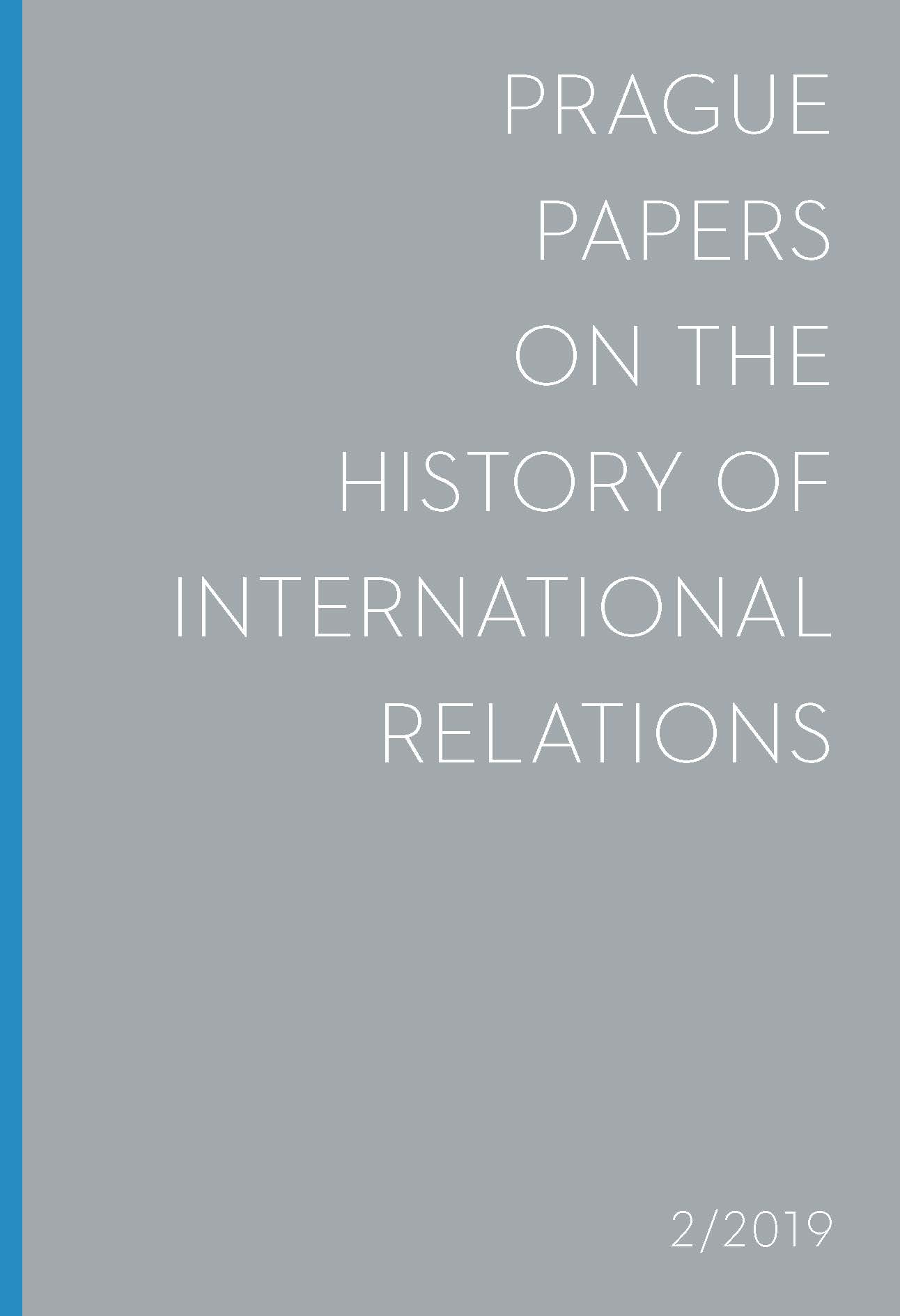The Thököly Uprising in Hungary and the Timing of the Nine Years’ War and the Glorious Revolution
The Thököly Uprising in Hungary and the Timing of the Nine Years’ War and the Glorious Revolution
Author(s): György BorusSubject(s): Diplomatic history
Published by: Univerzita Karlova v Praze - Filozofická fakulta, Vydavatelství
Keywords: 1680s; Louis XIV; William of Orange; Count Imre Thököly; Ottoman Empire; Nine Years’ War; Glorious Revolution
Summary/Abstract: The Glorious Revolution of 1688–89 has been regarded primarily as an episode in English domestic politics and has rarely been considered as a European event. Since the tercentenary of the Revolution, a lot has been done to correct this picture. Now it is clear, for example, that without Prince William’s powerful military intervention, which was carried out with the full support of the States General of the United Provinces, the Revolution would have been impossible. It should also be pointed out, however, that if William had succeeded in organising a powerful anti-French alliance during the early 1680s, he may not have intervened in England at the end of the decade. The timing and circumstances of William’s intervention can only be understood within the context of European events, which should not be confined to Western Europe. This article seeks to explain the interrelationships between the parallel events of the 1680s in the eastern and western parts of the Continent. It argues that the Thököly Uprising played a major part in frustrating William’s plans of organising a powerful anti-French coalition and delayed the Nine Years’ War (King William’s War) against France until 1688.
Journal: Prague Papers on the History of International Relations
- Issue Year: 2019
- Issue No: 2
- Page Range: 7-18
- Page Count: 12
- Language: English

